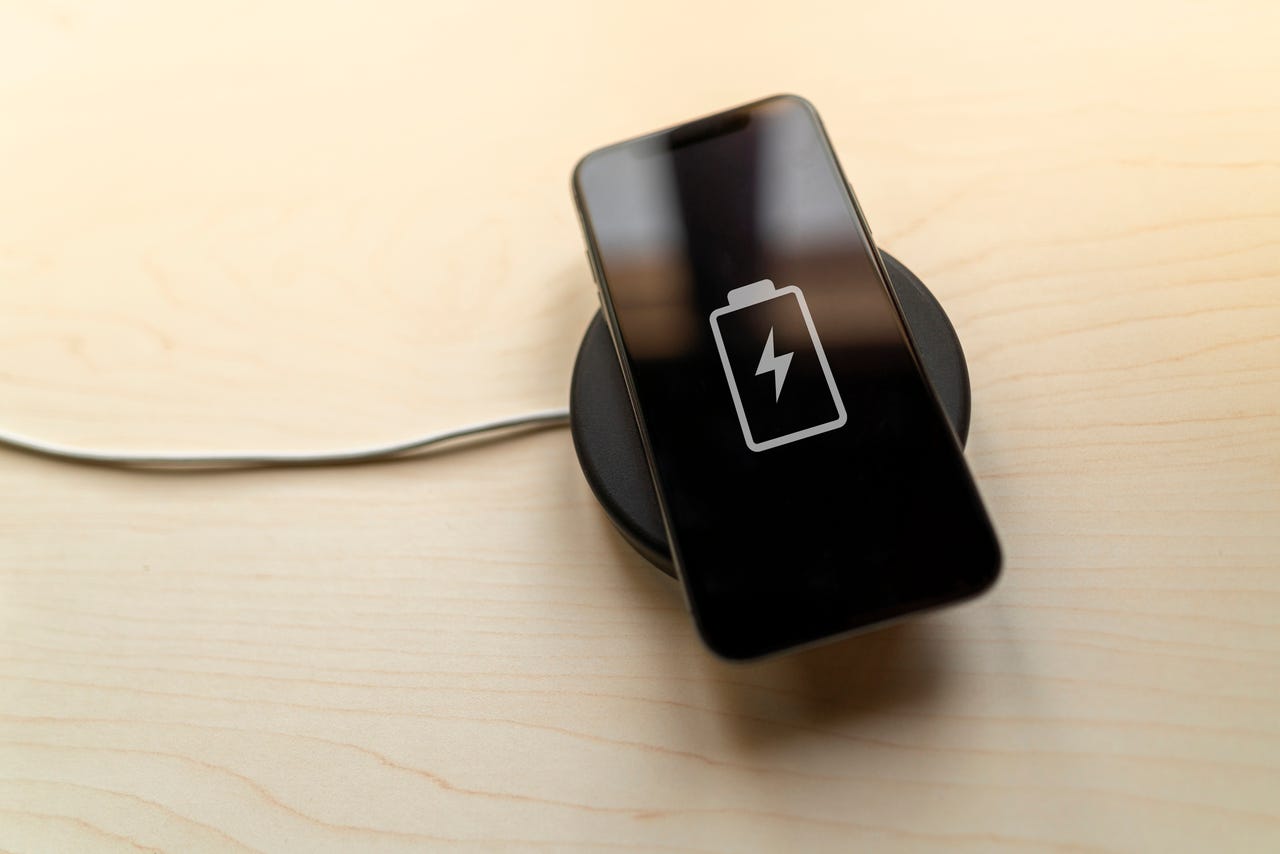'ZDNET Recommends': What exactly does it mean?
ZDNET's recommendations are based on many hours of testing, research, and comparison shopping. We gather data from the best available sources, including vendor and retailer listings as well as other relevant and independent reviews sites. And we pore over customer reviews to find out what matters to real people who already own and use the products and services we’re assessing.
When you click through from our site to a retailer and buy a product or service, we may earn affiliate commissions. This helps support our work, but does not affect what we cover or how, and it does not affect the price you pay. Neither ZDNET nor the author are compensated for these independent reviews. Indeed, we follow strict guidelines that ensure our editorial content is never influenced by advertisers.
ZDNET's editorial team writes on behalf of you, our reader. Our goal is to deliver the most accurate information and the most knowledgeable advice possible in order to help you make smarter buying decisions on tech gear and a wide array of products and services. Our editors thoroughly review and fact-check every article to ensure that our content meets the highest standards. If we have made an error or published misleading information, we will correct or clarify the article. If you see inaccuracies in our content, please report the mistake via this form.
Faster wireless charging coming soon to more Android phones, thanks to Apple's MagSafe


If you're serious about going wireless, chances are you have a wireless charger for your smartphone, smartwatch, or wireless earbuds. You can find Qi-certified wireless chargers, which means they've passed rigorous and independent testing for device interoperability and energy efficiency.
Also: The best early Black Friday deals: Amazon, Walmart, Best Buy, and more
However, some Qi-certified chargers are slower than charging cables and can make your device hotter than you'd like. That could change soon, as the Wireless Power Consortium's (WPC) next standard for wireless charging is officially here. Qi v2.0 (Qi2) will deliver magnetic attachment, faster charging, and higher efficiency.
If you have an iPhone 12 or newer, Apple Watch 6 or newer, or AirPods (3rd generation) or newer, your devices are equipped with MagSafe charging. MagSafe accessories connect to your device's internal magnets to deliver fast charging via magnetic attachment.
However, currently available Qi-certified wireless chargers compatible with Android devices lack fast charging capabilities and magnetic attachments.
The enthusiasm surrounding Qi2 began in January when the WPC announced the technology at CES, an annual tech trade show. Qi2 received industry-wide recognition, and ten months later, it's conveniently here ahead of the holidays. Certified wireless chargers will be ready for holiday shoppers to purchase, according to the WPC.
The WPC says that Belkin, Mophie, Anker, and Aircharge have pre-announced Qi2 accessories, but the only smartphone that's already Qi2-certified is Apple's iPhone 15. The WPC says Qi2's magnetic properties are based on MagSafe technologies Apple contributed to the WPC, so it's a no-brainer why Apple's latest phones get first dibs on the new tech.
Also: How to add MagSafe to your Android phone (and why you'll love it)
MagSafe-compatible iPhones can wirelessly charge on MagSafe wireless chargers at up to 15W, while regular Qi-certified wireless chargers can only offer iPhones up to 7.5W. MagSafe chargers delivered a small 5W for Androids, while standard Qi chargers could give around 10W.
However, Qi2 promises 15W charging for iPhone 15 and future compatible Android smartphones, according to reporting from The Verge. It's unclear if other MagSafe-compatible iPhones will benefit from Qi2 or which Android smartphone manufacturers will be the first to implement Qi2 technology.